Are you tired of sifting through lengthy contracts and invoices with confusing terms? Understanding the details of contract agreements and payment terms shouldn't be a headache. With a well-structured letter template for invoice contract terms, you can simplify the process and ensure clarity for both parties involved. So, if you're ready to navigate your invoicing with ease, keep reading to discover the essential elements that will make your contracts more transparent and efficient!
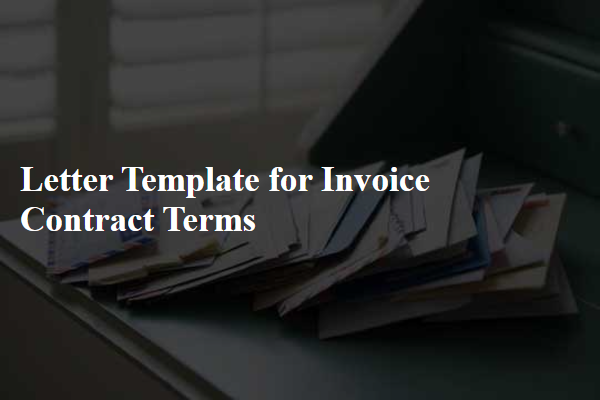
Payment Terms and Conditions
The payment terms and conditions outlined in contracts ensure clear financial expectations between parties. Typically, invoices require payment within 30 days from the date of issuance, commonly referred to as Net 30. Discounts for early payments, such as a 2% discount for payments made within 10 days, incentivize prompt transactions. Late fees may apply, often calculated as a percentage of the overdue balance, e.g., 1.5% per month, ensuring timely compliance with agreed terms. Additionally, accepted payment methods include bank transfers, credit cards, or checks, which provide flexibility for clients. Clear stipulations regarding billing disputes or discrepancies, requiring written notification within a specified timeframe, maintain professionalism and foster trust during financial interactions.
Late Payment Penalties
Late payment penalties are crucial for maintaining financial stability in business agreements. Contracts often stipulate specific grace periods, commonly ranging from 5 to 30 days post-invoice due date. After this period, a penalty percentage is applied; typical rates can be around 1.5% to 2% per month on outstanding balances. In some jurisdictions, statutory interest rates may apply, impacting the overall amount owed. Clarifying the timeline of penalty assessments in the contract can prevent misunderstandings. Establishing clear communication channels is vital for addressing disputes before penalties accrue. Highlighting these terms ensures that both parties understand the consequences of delayed payments. Additionally, these terms can serve as a deterrent, encouraging timely payments and fostering a healthier business relationship.
Delivery and Fulfillment Guidelines
Delivery and fulfillment guidelines ensure a smooth transaction process in commercial agreements. Timely delivery (standard period typically ranging from 7 to 14 business days) is crucial to maintain client satisfaction and can influence both repeat business and reputation. Fulfillment standards must comply with industry practices (for example, adhering to ISO 9001 quality management) to ensure product integrity and compliance. Shipping methods (like ground, air, or express services), along with packaging requirements (sustainable materials or protective packaging), play significant roles in the delivery process. Additionally, tracking systems should provide clients updates on shipment status, ideally with real-time visibility options through platforms like FedEx or UPS. In the event of delays, established communication protocols outline how to inform clients proactively, preserving transparency and trust in the contractual relationship.
Return and Refund Policies
In the context of an invoice contract, clear return and refund policies are essential for customer satisfaction and legal compliance. A standard return policy stipulates a timeframe, typically 30 days from the purchase date, during which customers can return items (such as electronics, clothing, or beauty products) for a full refund, provided they are in original condition and accompanied by the receipt. Refund processing times may vary based on payment methods, such as credit cards or digital wallets, and typically take 5 to 10 business days after the returned item is received. Certain items, such as personalized products or perishable goods, may be non-returnable as outlined in the policy to avoid misunderstandings. Additionally, customers should be made aware that shipping costs for returns are usually the responsibility of the buyer unless the product is defective or not as described, in which case, the seller assumes those costs. Clear communication of these terms on the invoice not only fosters trust but also mitigates potential disputes.
Confidentiality and Data Protection
Confidentiality in contracts, particularly in invoice agreements, ensures sensitive information remains protected. Businesses, such as accounting firms and service providers, often share proprietary data, including financial records and client details. Data protection regulations, such as the General Data Protection Regulation (GDPR) in Europe, require parties to handle personal data with care. For example, unauthorized access or disclosure of client information can lead to legal repercussions and significant fines. Effective contract terms outline the obligations of each party regarding the safeguarding of this data, specifying the measures required to maintain confidentiality. Additionally, it addresses the duration of confidentiality obligations following contract termination, ensuring continued protection of shared information.

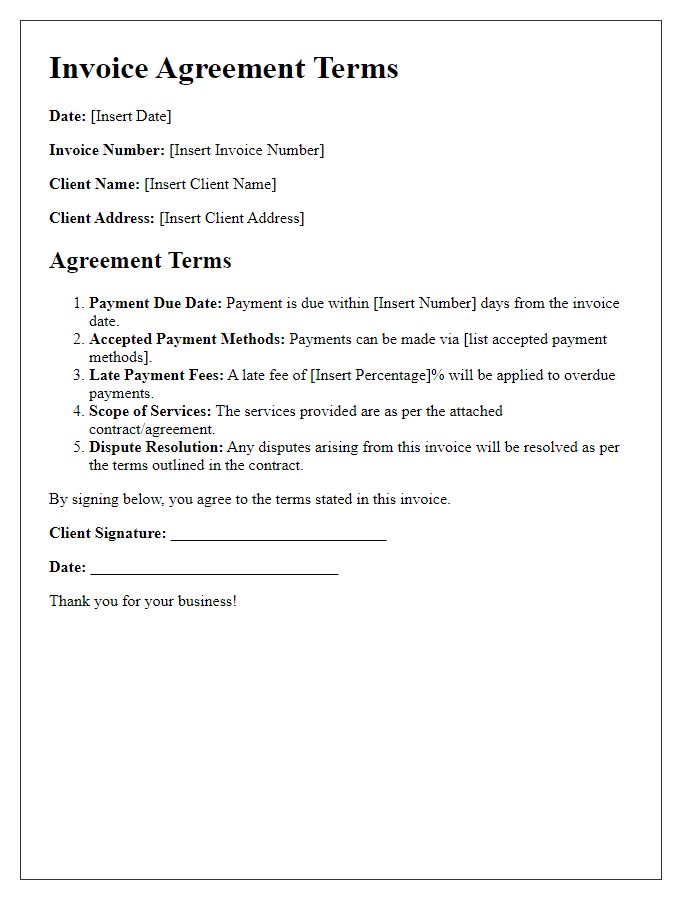
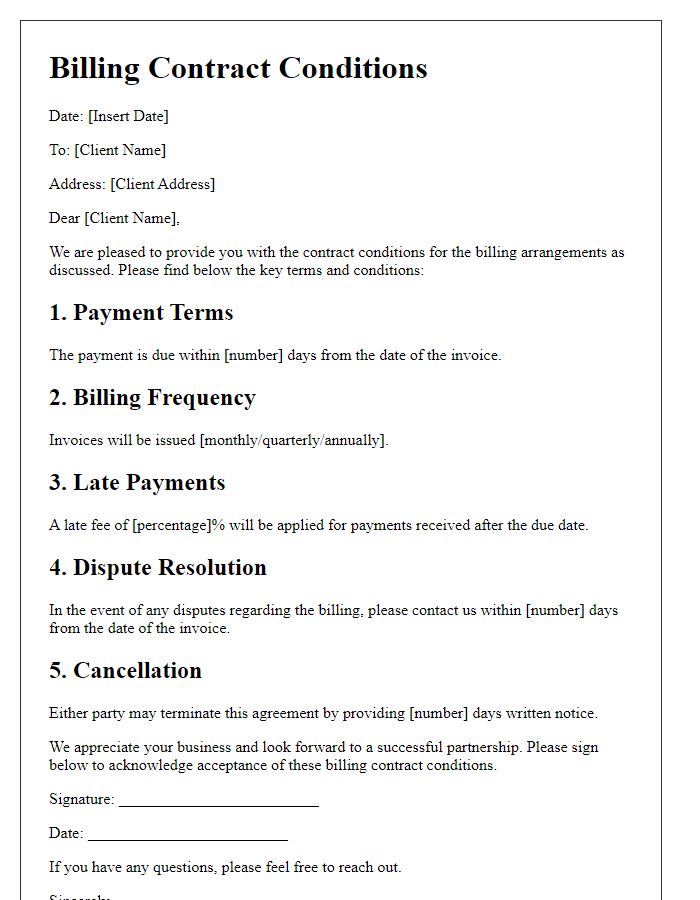
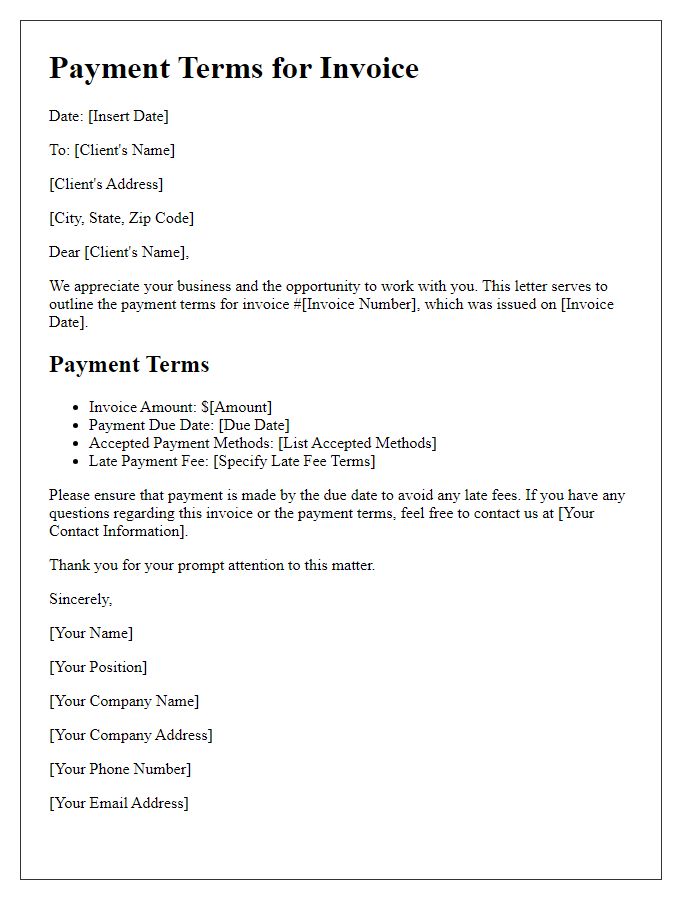
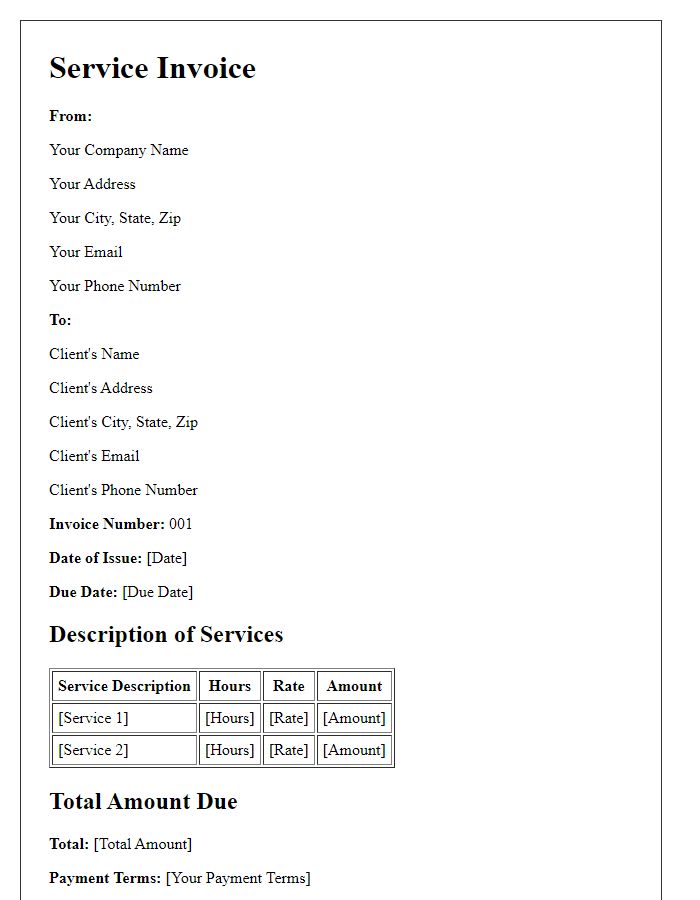
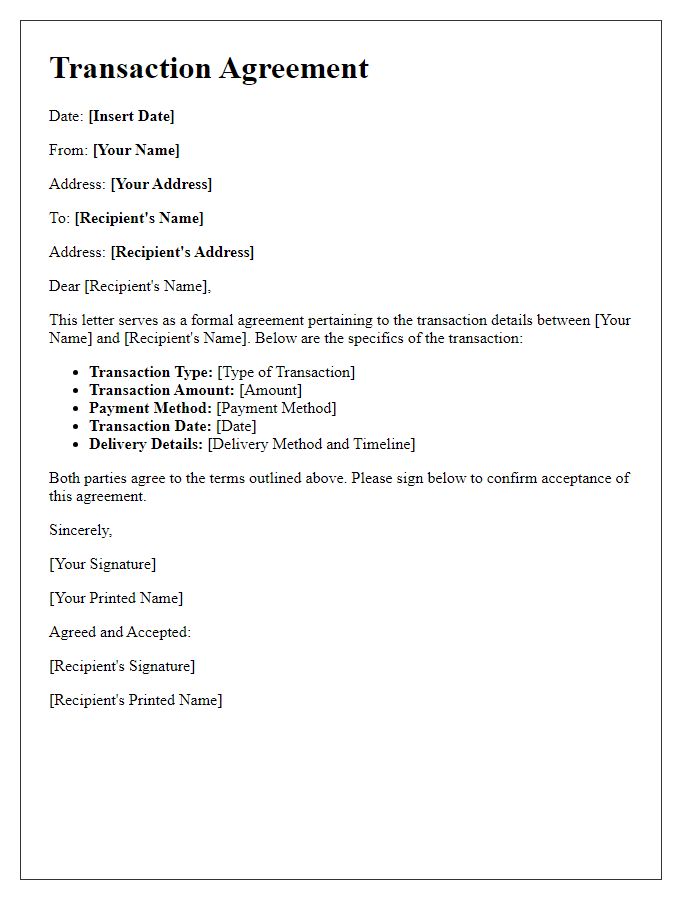
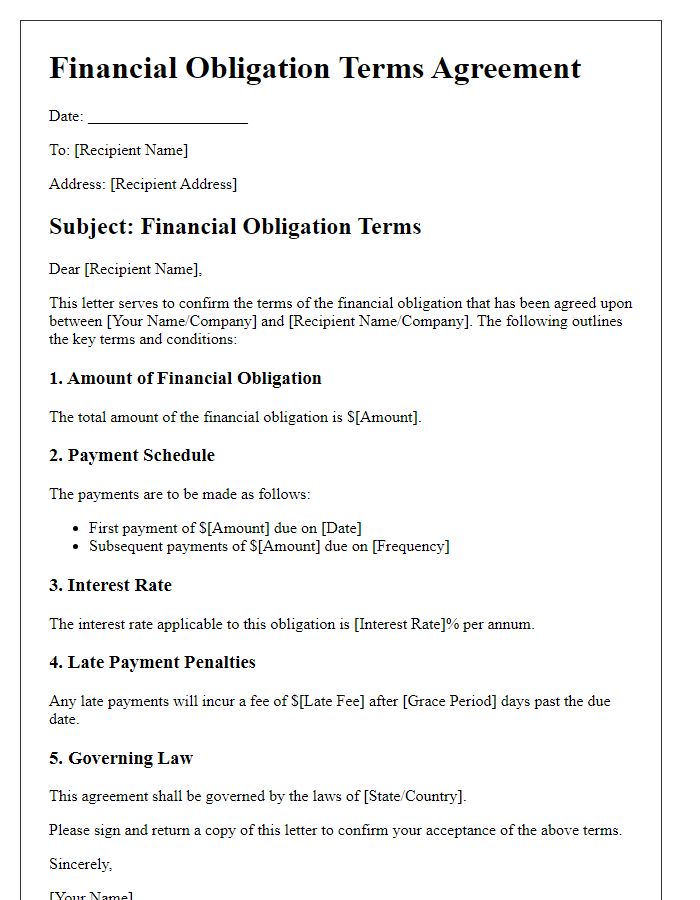
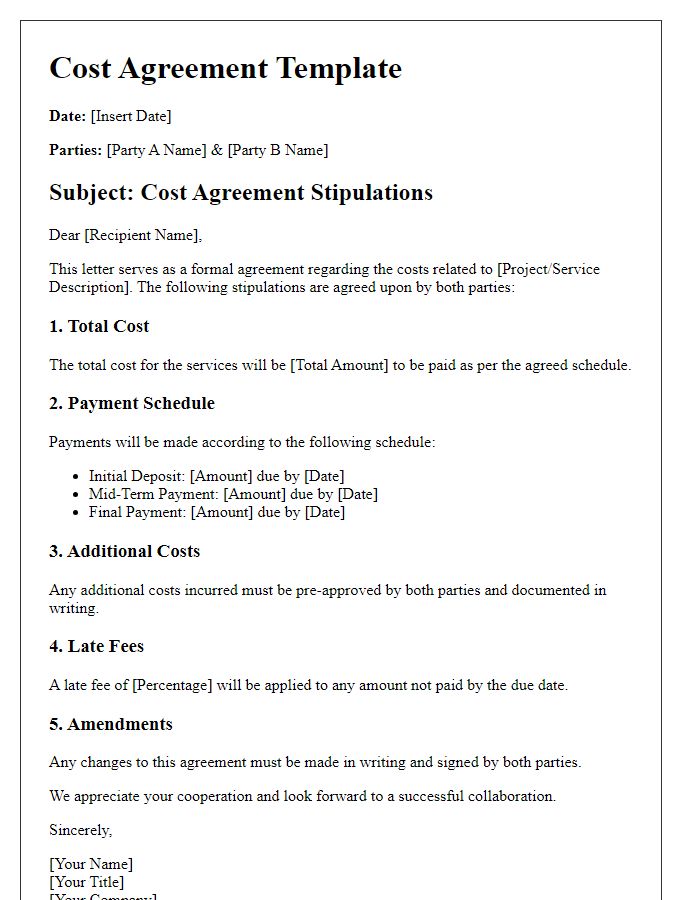
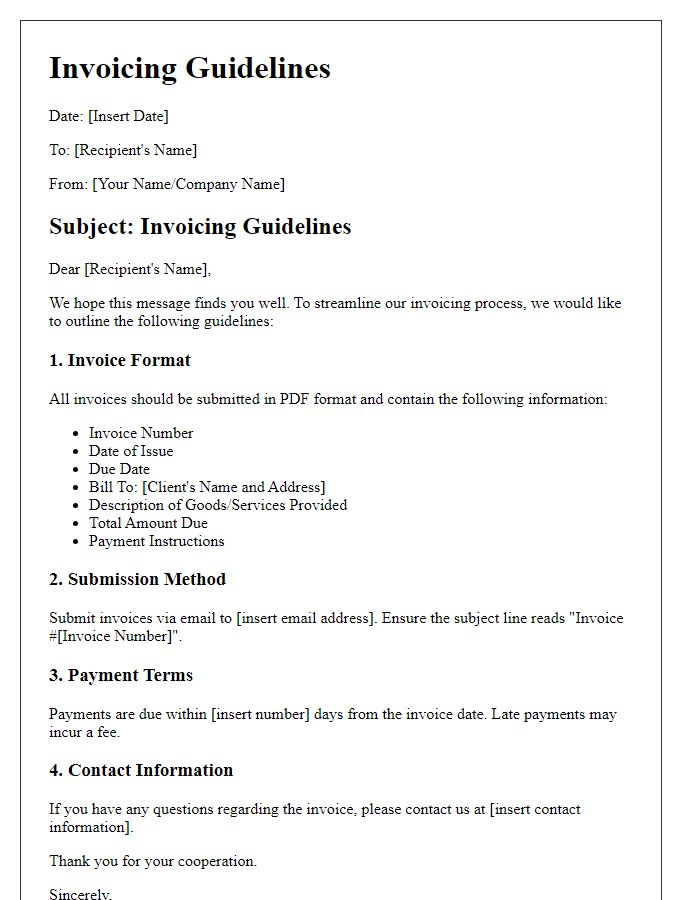
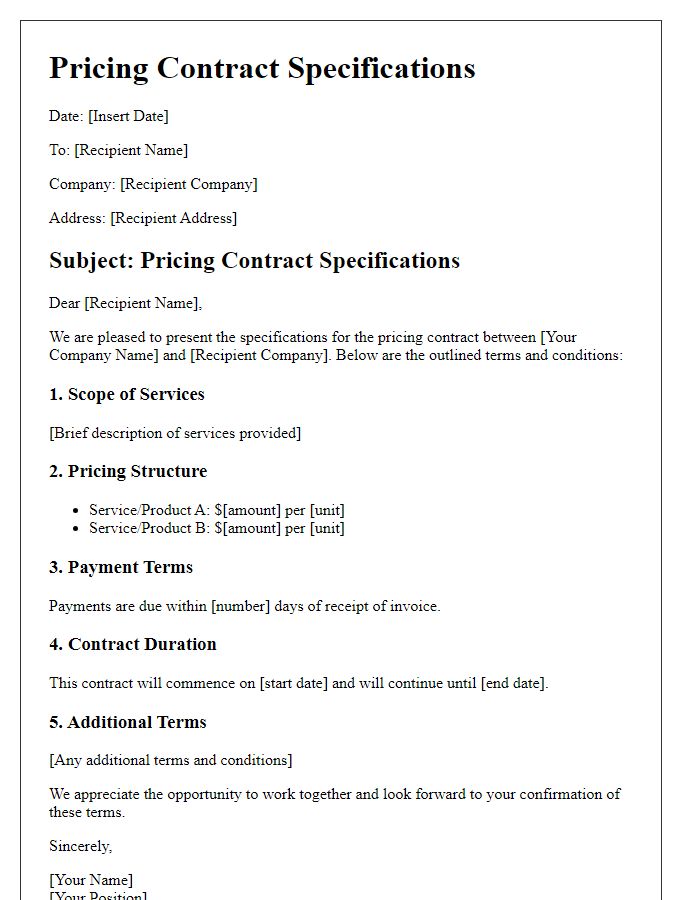
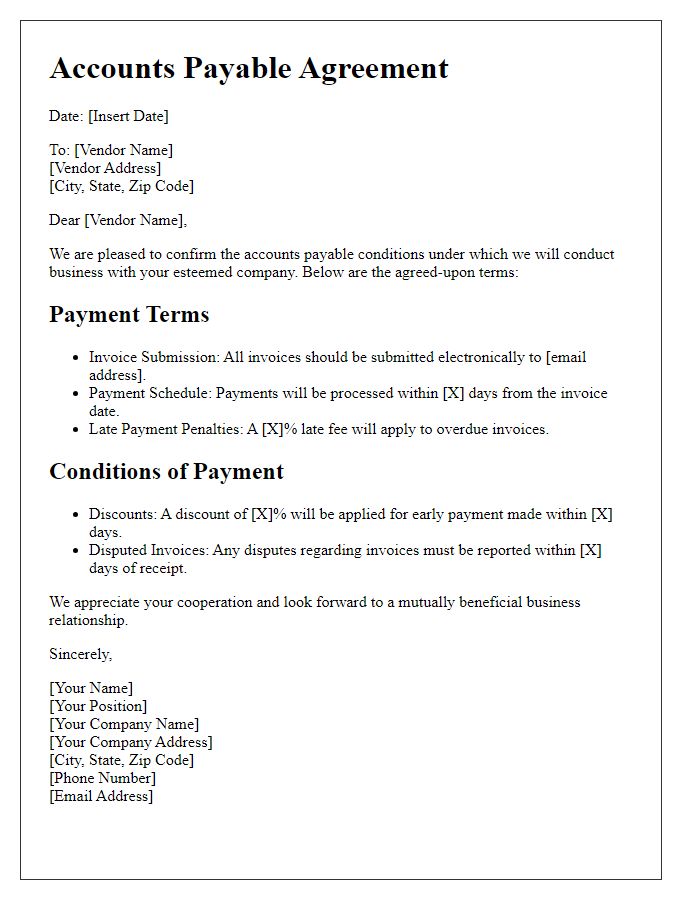

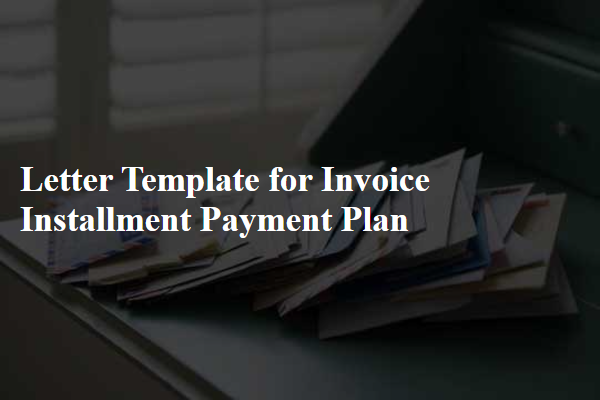
Comments